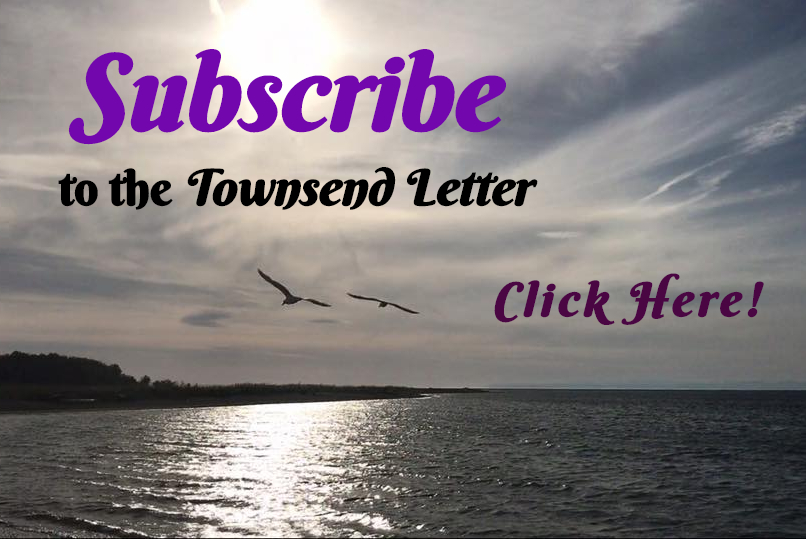by Jacob Schor
Margaret Mead left us a collection of meaningful and inspirational quotations in recent history. Probably her most popular lines are these: “Never doubt that a small group of thoughtful, committed, citizens can change the world. Indeed, it is the only thing that ever has.”1
It is an optimistic thought, one that many of us took to heart. It is a sentiment that certainly comes to my mind as I think about the life of Dr. Khalsa.
Looking over the decades of our acquaintance, Khalsa was the guy in white who always showed up. At every AANP conference that I ever attended, he was there, but having arrived days earlier for some committee or board meeting. He served the profession in so many different ways over the years that I doubt any list will be complete. He was always volunteering for some accreditation thing or some academic thing between schools or some sort of board thing. I lost track over the years. He was always there taking part in long, contentious, but generally boring meetings focused on tedious subjects. There was no glamour to any of it. But Khalsa showed up and held up his end and contributed. Week after week, month after month, year after year. For decades. The good word for him might be ubiquitous. He was everywhere in our midst.
In a profession known for the individuality of its practitioners, all striving to create their own personal brand, Khalsa was the exception, a quiet self-effacing naturopathic physician who worked every day to further our profession. Among colleagues who don’t think twice about putting their own image on a bottle label or magazine advertisement, Khalsa stood out for his quiet humility; and the idea of his attempting to stand out in a crowd would have been incongruous with who he is and the role of a healer.
But of course, for many he did stand out. That whole Sikh thing. The white turban, the white everything. He was noticed. How could one not notice the turban? It hinted at a whole other life going on behind the scenes that we weren’t party to. A private life that I never took time to explore and perhaps in hindsight kept me from knowing him better.
There were two occasions where I saw Khalsa with his hair down, so to speak, without the turban. Once at NCNM when our entire class arrived early for pathology class which Khalsa taught. We had all wrapped our heads with white fabric, mostly bath towels, in imitation of our esteemed professor. He stepped into class on schedule took a look at all of us sitting in our seats trying to suppress our laughter and walked back out into the hallway for a moment. He returned moments later without his turban. The second time was half a dozen or so years later. Maybe it was 1994 or 1995. I was hiking in Banff National Park with my wife Rena Bloom, ND, and our daughter Sophie who was wearing her ‘fishy dress’. We started at Moraine Lake and the Valley of the Ten Peaks. This is a famous spot, as the view is on the back of Canada’s $20 bill. We climbed almost two dozen switchbacks up from the lake and traversed a ridge over to a spot overlooking Eifel Lake. It is one of the most glorious hikes in the Rockies, Actually, Sophie rode on my shoulders most of the way. The three of us were eating kipper snacks and cheese on RyeKrisp crackers when along came our good Dr. Khalsa and his wife Dr. Amar Kaur Northrup. We almost didn’t recognize him without his turban. We spoke for a few minutes. I snapped a quick photo with my Nikon of the four of them and the day was preserved in our memories. We’ve hiked that same trail many times over the intervening years, but that particular day has always stood out in memory. A glorious day and the coincidence of finding Khalsa there, taking as much pleasure in the day as we were.
Of all the many memories of Khalsa, the hundreds of hours, or was it thousands, of him lecturing our class, or the hours spent sitting across from him at board meetings, it is this memory of him taking such obvious pleasure in being in those mountains, hair unbound, and spirit free that is not just my clearest memory of him but perhaps the most true.
That odd and unexpected little encounter stuck in my memory, to find him there, outside of school, and our customary surroundings, unencumbered as it were. A quarter of a century later I mention it to Amar Kaur. She replied, “Of course I remember that day in the Canadian Rockies…. I was a memorable moment in our life and especially Dr. Khalsa’s; he spoke of it often. I plan to spread some of his remains in as many places as I can in the Banff area where his soul soars.”
- No one is certain that Mead actually wrote or spoke these words. The lines appeared for the first time in 1982 in a book by Donald Keys that attributes them to her.






